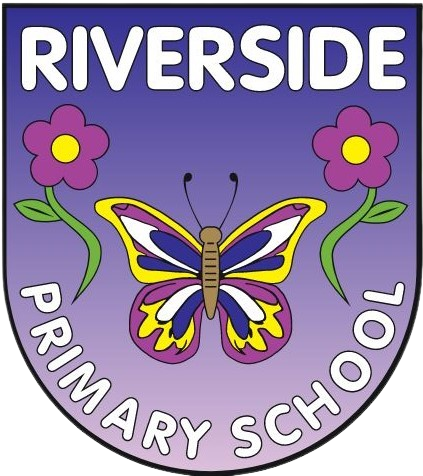Computing
Computing Intent
Computing prepares pupils to participate in a rapidly changing world in which they work and other activities are increasingly transformed by access to varied and developing technology. Pupils use ICT to find, explore, analyse, exchange and present information responsibly, creatively and with discrimination. ICT promotes initiative and independent learning, with pupils being able to make informed judgements about when and where to use ICT to its best effect.
High-quality computing education equips pupils to use computational thinking and creativity to understand and change the world. Computing has deep links with mathematics, science, and design and technology, and provides insights into both natural and artificial systems. The core of computing is computer science, in which pupils are taught the principles of information and computation, how digital systems work, and how to put this knowledge to use through programming. Building on this knowledge and understanding, pupils are equipped to use information technology to create programs, systems and a range of content. Computing also ensures that pupils become digitally literate – able to use, and express themselves and develop their ideas through, information and communication technology – at a level suitable for the future workplace and as active participants in a digital world.

Early Years Foundation Stage
Within the Foundation Stage (Nursery and Reception), the Early Years Foundation Stage Framework is followed. The ‘Computing’ aspect of the curriculum is followed mainly through the areas 'Personal, Social and Emotional Development' and 'Expressive Arts and Design'.
Teaching related to Computing is taught as discrete units of work but also integrated into the overall topics or themes of the half term. During EYFS, children learn to:
Explore how things work.
Show resilience and perseverance in the face of a challenge.
Develop their small motor skills so that they can use a range of tools competently, safely and confidently
Know and talk about the different factors that support their overall health and wellbeing - sensible amounts of ‘screen time’.
Explore, use and refine a variety of artistic effects to express their ideas and feelings.
Be confident to try new activities and show independence, resilience and perseverance in the face of challenge.
Explain the reasons for rules, know right from wrong and try to behave accordingly.
Safely use and explore a variety of materials, tools and techniques, experimenting with colour, design, texture, form and function.
Key Stage One
ICT in Key Stage One is taught through the use of two main elements Computer Science and IT and Digital Literacy (Online Safety and Multimedia).
Pupils develop skills around:
* Control and programming - understanding what algorithms are and how programs are executed; creating and debugging programs
* Computational thinking (decomposition, pattern recognition, abstraction and algorithms) - solving a bigger problem by breaking ideas down into smaller patterns and steps
* Information handling and digital research - creating, organising, storing and retrieving digital content
*Online safety - understanding uses of technology beyond school and using technology safely and respectfully; keeping personal information private and identifying where to go for help and support when they have concerns
Key Stage Two
ICT in Key Stage Two is also taught through the use of two main elements Computer Science and IT and Digital Literacy (Online Safety and Multimedia).
Pupils develop skills around:
* Control and programming - designing, writing and debugging programs that achieve specific goals; using sequencing, selection and repetition in programs; working with variables and forms of input and output; understanding how simple algorithms work and correct errors in algorithms
* Computational thinking (decomposition, pattern recognition, abstraction and algorithms) - solving a bigger problem by breaking ideas down into smaller patterns and steps
*Information Technology - understanding computer networks, including the internet; communication and collaboration on the internet; selecting, using and combining a variety of software
* Information handling and digital research - creating, organising, storing, analsying and retrieving digital content; using search technologies effectively and evaluating digital content; presenting data and information
*Online safety - using technology safely, respectfully and responsibly; recognising acceptable / unacceptable behaviour and reporting concerns
ICT is also taught through Literacy based sessions whereabouts pupils develop basic ICT skills whilst consolidating fundamental literacy skills.
Children:
- Play a variety of literacy based games
- Create and retell their own stories using word processing skills
- Create videos
- Carry out research using the internet.
Children are also provided with regular weekly opportunities to develop basic numeracy key skills in the ICT suite and using the iPads and laptops.
Children work on mathematical websites such as ‘Mathletics’, developing key skills such as: - Number recognition
- Addition and Subtraction
- Times table facts
- Telling the time.
Computers, digital cameras and interactive whiteboards are located in every classroom and the use of ICT is an integral part of everyday teaching and learning.
